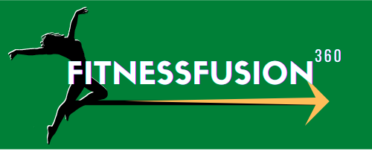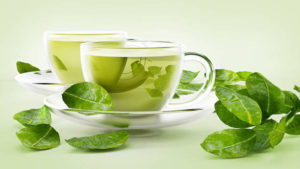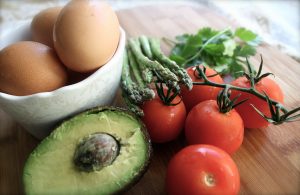Riboflavin – Vitamin B2 in Your Diet Plan
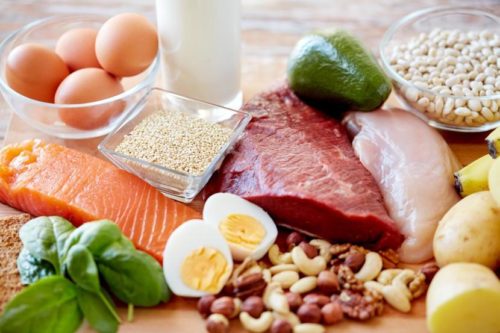
The Dietary Benefits of Riboflavin
Just in case you didn’t know, riboflavin is, in fact, a B vitamin. Indeed, you may be more familiar with its other name, vitamin B2. Either way, like all other B vitamins, riboflavin is water-soluble. Okay, okay, I know what you’re thinking; this fact seems a little arbitrary, but don’t be put off.
As it turns out, this little tidbit actually explains much of our dietary relationship with riboflavin. You see, the simple fact that riboflavin is water-soluble means that it can be easily flushed from the body. Now, knowing this, it doesn’t require an advanced degree in nutrition to figure out that in order to stay healthy our riboflavin reserves must be replenished frequently.
Luckily, this shouldn’t represent too much of a problem.
Riboflavin is actually present in a surprisingly wide variety of foodstuffs. Some of the best sources include beef, almonds, salmon, mushrooms, fortified tofu, eggs, spinach, and poultry.
But how much do you need?
Well, males should aim to consume 1.3mgs per day, while females should look to ingest 1.1mgs over the same time span.
WHAT DOES RIBOFLAVIN DO?
Riboflavin in many ways can be thought of as something of a multitasker. That being said, its headline function, involves breaking down carbohydrates, proteins, and fats to produce energy. Digging a little deeper, it turns out that this versatile B vitamin is also responsible for converting carbohydrates into adenosine triphosphate.
Now, I hear you ask, what’s the significance of that?
Well, adenosine triphosphate plays a pivotal role in storing energy in muscle cells. In a real-world context, this storage mechanism ensures that you have energy reserves available when you need to call on them. Especially in cases of emergency – running or other similar demand situations.
There’s more. Riboflavin, it emerges, also serves as an antioxidant. In this guise, it works to prevent free radicals from damaging cells and, as if that weren’t enough, it also helps reduce the risk of many aging-related conditions.
It just keeps going. Riboflavin is also key to processing iron, to metabolizing other vitamins, and to supporting the integrity of the nervous system, liver, skin, eyes, and mucous membranes.
HEALTH BENEFITS
You won’t believe just how many separate facets of our day-to-day wellbeing that riboflavin directly influences. To give you some idea, here we’ll run through some of the health benefits, which have been most widely corroborated by scientific research.
EYE HEALTH
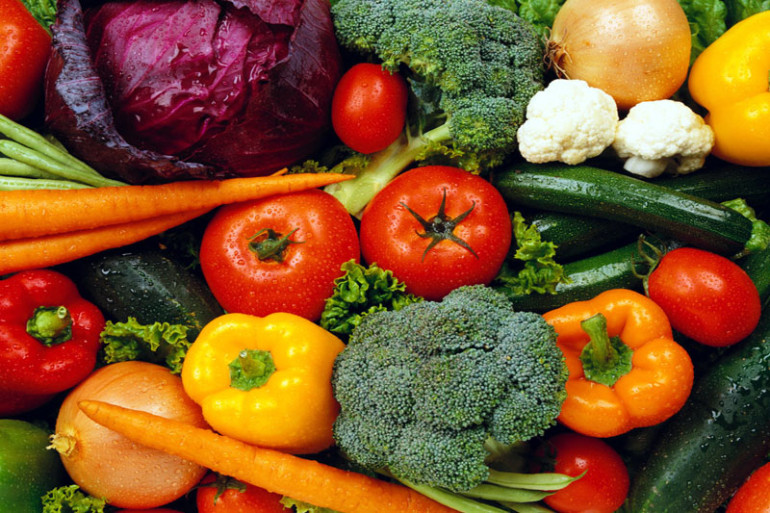
If you’re worried about developing cataracts, then you might want to keep tabs on your riboflavin intake.
Why?
Well, research has found that a person’s riboflavin intake is inversely proportional to their risk of developing cataracts. Which, in effect, is to say that by consuming more riboflavin you can decrease your chances of developing cataracts.
Along similar lines, studies have also linked riboflavin deficits with night blindness.
HYPER-HOMOCYSTEINEMIA
This tongue-twisting condition, which refers to elevated levels of the amino acid homocysteine, is associated with a number of serious ailments with which you are likely more familiar. Among the most serious are strokes, dementia, and heart attacks.
Research has shown that taking riboflavin supplements can help reduce levels of homocysteine by as much as 40%. As an added plus, reducing homocysteine levels in this fashion can also help reduce the risk of debilitating neurocognitive conditions such as Alzheimer’s, epilepsy, and Parkinson’s.
MIGRAINES
Did you suspect that riboflavin could help offset migraines? Well, if not, then you’re in for a surprise. You see, a 1998 study found that the frequency of migraines can be markedly reduced by taking high doses of riboflavin. More than that, if taken with other vitamins and minerals, riboflavin can even help reduce migraine pain.
It is thought that riboflavin can achieve these results by improving both energy production and respiration within the mitochondria of brain cells.
PRE-ECLAMPSIA
In case you’re not familiar with the term, preeclampsia is a condition which leads to high blood pressure during late pregnancy. As you may by this stage anticipate, it transpires that deficits in riboflavin are considered to be a contributory factor.
FASTER RECOVERY
Evidence suggests that high doses of riboflavin can help safeguard cell tissues from oxidative damage.
That’s great, but how does it affect me? Well, following intense bouts of exercise, athletes who have taken high doses of riboflavin experience lower levels of muscle soreness and can hence recover more quickly. This stands to reason when you consider that a number of studies have suggested that vigorous exercise can significantly deplete riboflavin.
BONE HEALTH
For at-risk populations, riboflavin supplementation may help to prevent bone loss. For example, in one study of 5,300 elderly patients, high levels of dietary riboflavin correlated with increased bone mineral density.
ARE YOU GETTING ENOUGH?
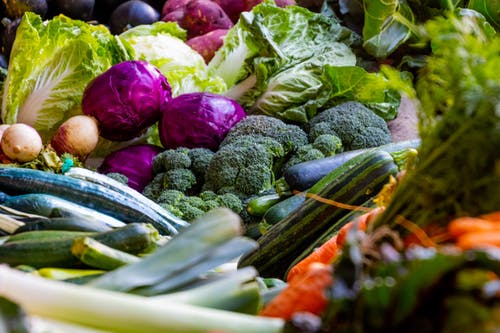
Here’s the bad news, if you’re not getting enough in the way of riboflavin, then you’re likely experiencing shortfalls in the other b vitamins as well. Some of the most common symptoms to look out for include;
* Fatigue
* Swollen tongue
* Tired eyes
* Sensitivity to light
* Digestive problems
* Cracks at the side of your mouth
